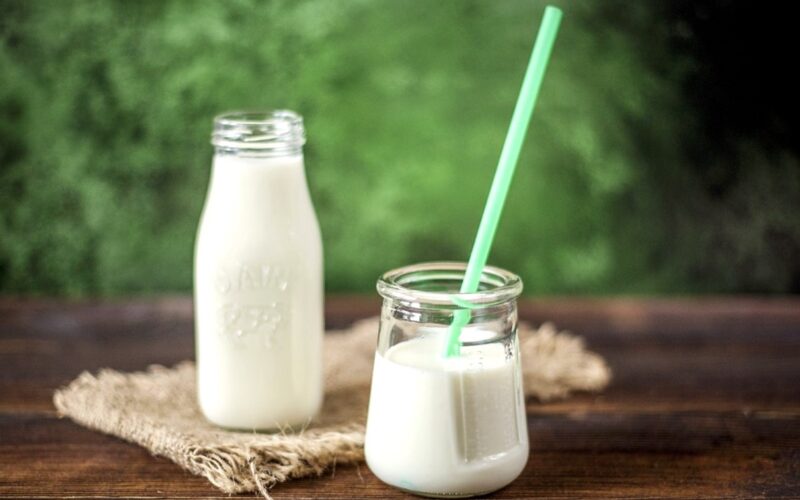Consuming milk is good for your body! A team of researchers from the University of Reading found that milk intake can help reduce cholesterol and the risk of Coronary Artery Disease (CAD).
Reading, UK (Business Northeast) – Some people are afraid to drink milk, some people can’t drink milk because of Lactose intolerance, or to control the Body Mass Index (BMI) value, choose not to drink milk. Researchers recently found that milk intake is associated with cardio-metabolic risk. The study was published in the International Journal of Obesity in May 2021.
The research team obtained the data of 1,904,220 participants through 3 large-scale research meta-analysis, and carried out integration and analysis. These three large-scale studies are the 1958 British Birth Cohort, Health and Retirement study, and UK Biobank.
Researchers use Mendelian Randomization to study the changes in the survival of lactase to understand the relationship between milk intake and metabolism disease.
It was found that compared with those who did not drink milk, those who consumed large amounts of milk had lower values of Total Cholesterol (TC), LDL-Cholesterol (LDL-C), and HDL-Cholesterol (HDL-C), and suffered from The risk of CAD has dropped by 14%.
Prof. Karani says:
“What we do note in the study is that it remains unclear whether it is the fat content in dairy products that is contributing to the lower cholesterol levels or an unknown ‘milk factor.’”
We all know that diet is a key factor affecting health. Obesity, hypertension, hyperlipidemia, and hyperglycemia all increase the risk of metabolism disease.
Although obesity, diabetes, and other diseases that affect metabolism are also related to excessive consumption of dairy products, there is no evidence that high milk intake increases the risk of diabetes. Milk also helps bone development and provides vitamins and protein to the body.











Keep up the good work, I read few posts on this site and I think that your weblog is real interesting and has got sets of fantastic information.